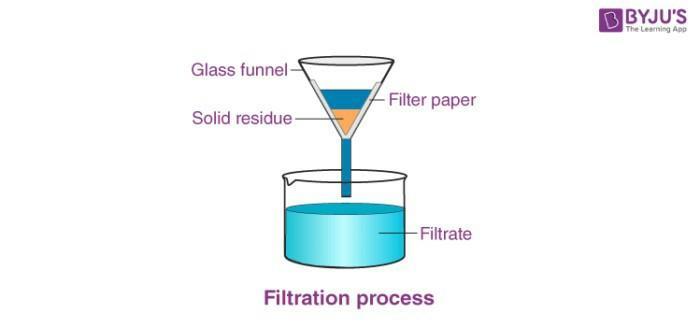Answers 2
Allegory
An allegory is a story, poem, or other written work that can be interpreted to have a secondary meaning.
Aesop’s Fables are examples of allegories, as they are ostensibly about one thing (such as “The Ant and the Grasshopper”) but actually have a secondary meaning. Fables are particularly literal examples of allegories, but there are many others, as well, such as George Orwell’s Animal Farm or Christina Rossetti’s “Goblin Fruit.”
Alliteration
Alliteration is the repetition of a sound or letter at the beginning of multiple words in a series.
Allusion
An allusion is an indirect reference to something.
“The Cunninghams are country folks, farmers, and the crash hit them hardest.”
Apostrophe
An apostrophe is a poetic device where the writer addresses a person or thing that isn’t present with an exclamation.
“O stranger of the future!
O inconceivable being!
whatever the shape of your house,
no matter how strange and colorless the clothes you
may wear,
I bet nobody there likes a wet dog either.
I bet everybody in your pub
even the children, pushes her away.”
Assonance
Assonance is the repetition of vowel or diphthong sounds in one or more words found close together.
“ Hear the loud alarum bells—
Brazen bells!/ What tale of terror, now, their turbulency tells!
In the startled ear of night
How they scream out their affright!
Too much horrified to speak,
They can only shriek, shriek,
Out of tune….”
Blank Verse
Blank verse refers to poetry written without rhyme, especially if that poetry is written in iambic pentameter.
“But, woe is me, you are so sick of late,
So far from cheer and from your former state,
That I distrust you. Yet, though I distrust,
Discomfort you, my lord, it nothing must. …”
Consonance
Consonance is the repetition of specific consonant sounds in close proximity.
“Tyger Tyger, burning bright,
In the forests of the night;
What immortal hand or eye,
Could frame thy fearful symmetry?”
Enjambment
An enjambment is the continuation of a sentence beyond a line break, couplet, or stanza without an expected pause.
“What happens to a dream deferred?
Does it dry up
like a raisin in the sun?
Or fester like a sore—
And then run?
Does it stink like rotten meat?
Or crust and sugar over—
like a syrupy sweet?
Maybe it just sags
like a heavy load.
Or does it explode?”
Irony
Yeah, I love dogs," she said dryly, holding the miniature poodle at arm's length as hives sprang up along her arms.
-
Author:
braeden139
-
Rate an answer:
4
Answer:
Alliteration The repetition of initial sounds in words within a line or verse of poetry.
Assonance Repetition of the same vowel sound in a line of poetry. It is often used to slow the pace of poetry.
Onomatopoeia The use of words which suggest their
Explanation:
-
Author:
bishopcoleman
-
Rate an answer:
1

